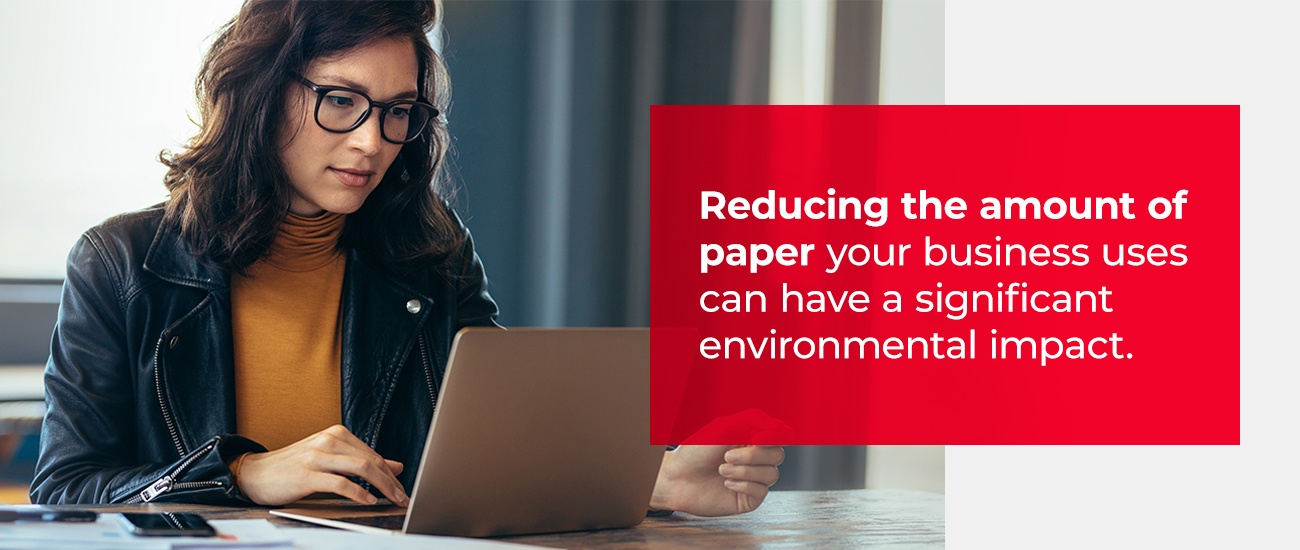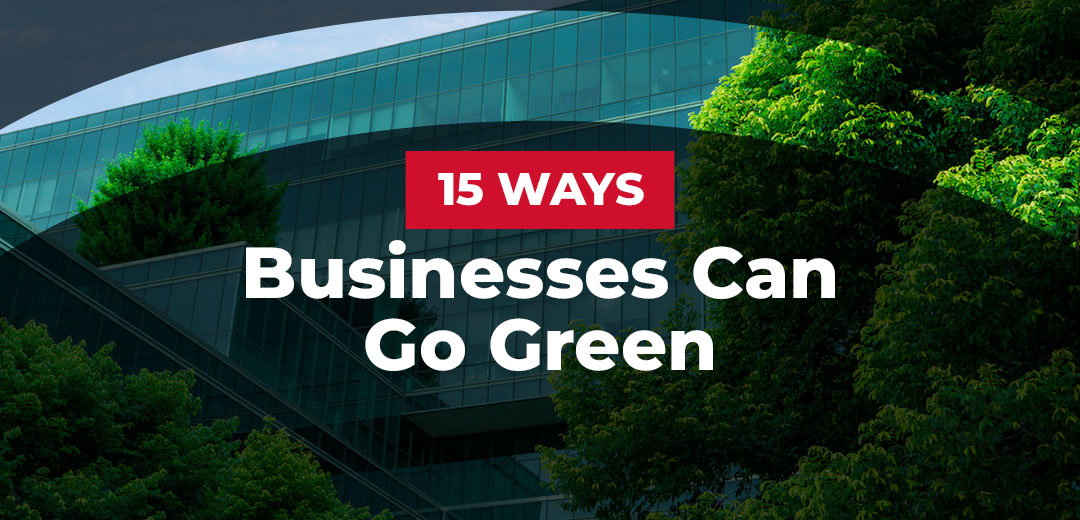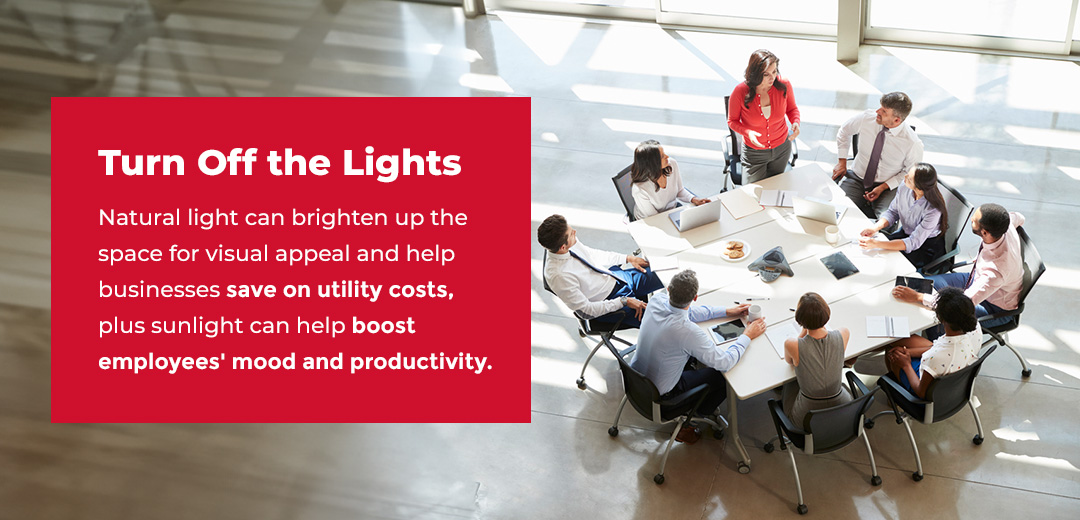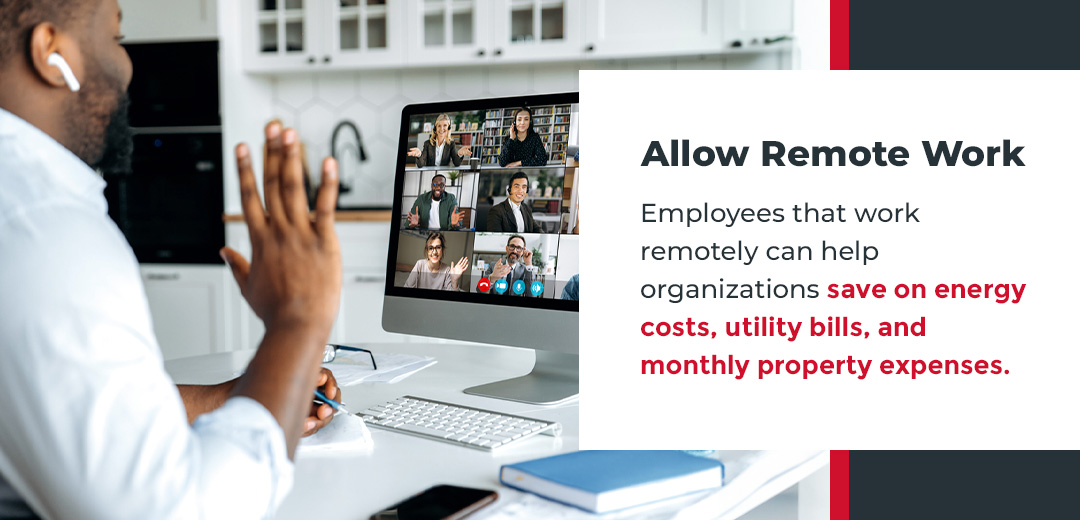Today’s companies are finding a variety of ways to go green, from recycling programs to initiatives that help businesses provide products and services in a more sustainable way. Becoming an eco-friendly business comes with a range of benefits, like earning tax credits and boosting brand reputation. Organizations across industries can minimize their carbon footprint by assessing the many ways to become a green company.
Advantages of Going Green
As businesses work to become more environmentally friendly, there are many advantages of switching to sustainable practices. These changes can impact employees by providing a better workspace, and attract business prospects who want to invest in green companies, among many other benefits.
Saving Money
Going green can help businesses cut monthly expenses and save money long-term. Limiting waste by going paperless or using reusable products are some of the simple ways to save money. In addition, offering telecommuting options and switching to more eco-friendly equipment can help organizations save on utility expenses.
Earning Tax Credits and Deductions
The government provides tax credits, deductions, and incentives for companies to go green. Tax breaks and deductions can reduce costs even more, as the incentives help companies continue to implement new green initiatives. One of the tax credits available is the energy-efficient commercial tax deduction that provides credit for qualifying eco-friendly upgrades made to commercial buildings.
Increasing Brand Recognition
Going green builds a favorable reputation among employees, clients, and business prospects. As more modern-day customers become environmentally conscious, offering sustainable options such as paper packaging helps them live a greener life. These initiatives can also be an effective way to promote green businesses, attracting investors and business prospects who want to support green companies.
In addition, businesses can publicly support local and international sustainability initiatives to create an eco-friendly brand image.
What Can Companies Do to Go Green?
Here are the top ways that companies can be more environmentally friendly and do their part to help the environment.
1. Use Less Paper
The cloud enables businesses across industries to limit the use of paper files. Store and share documents online instead of printing hard copies. Cloud-based and digital options can also keep files organized and sensitive information safe.






